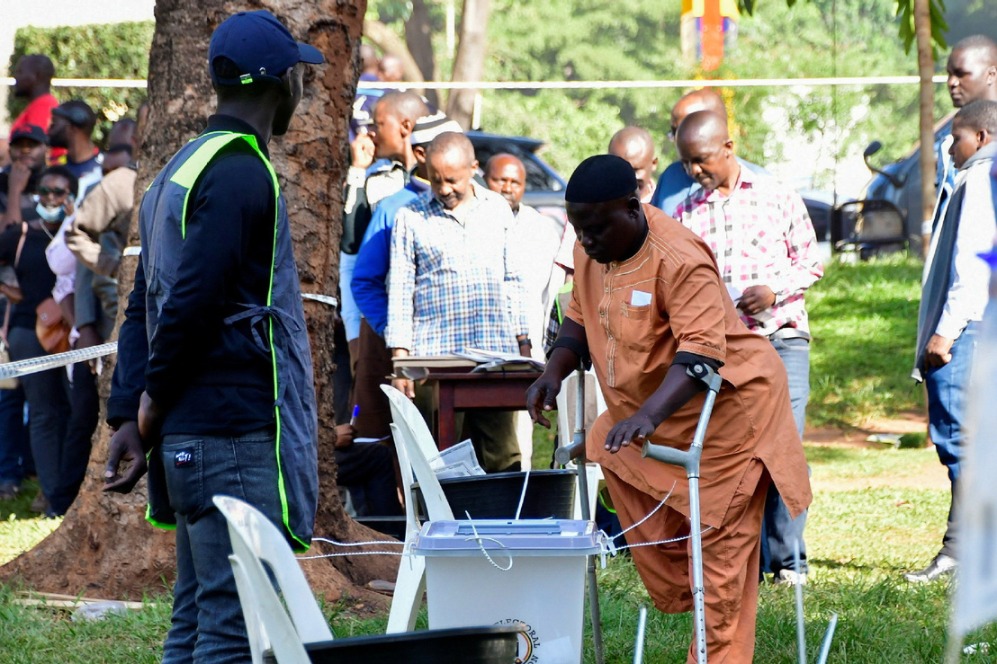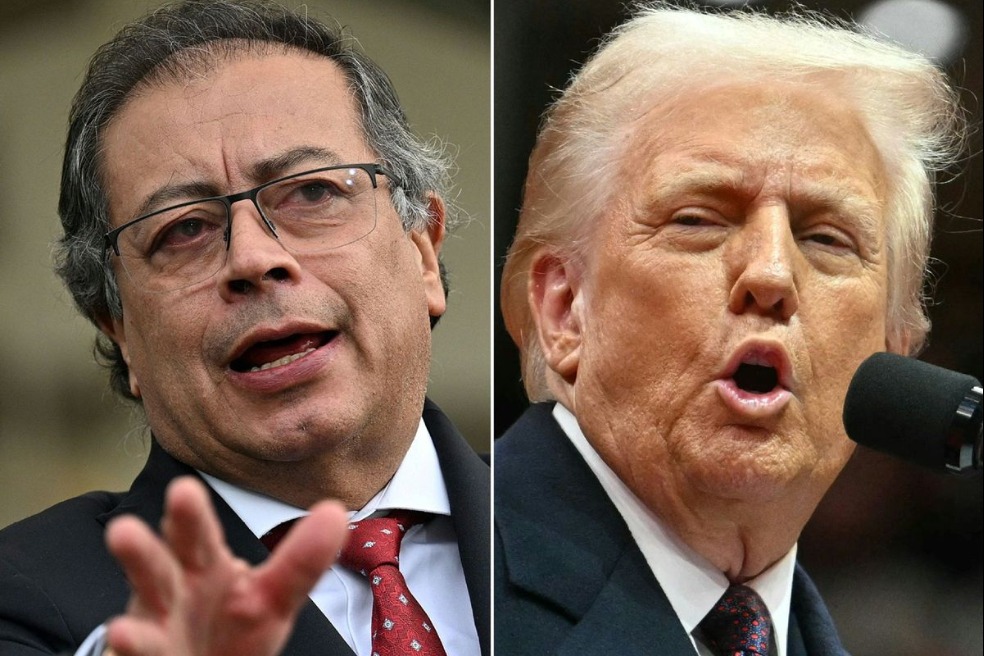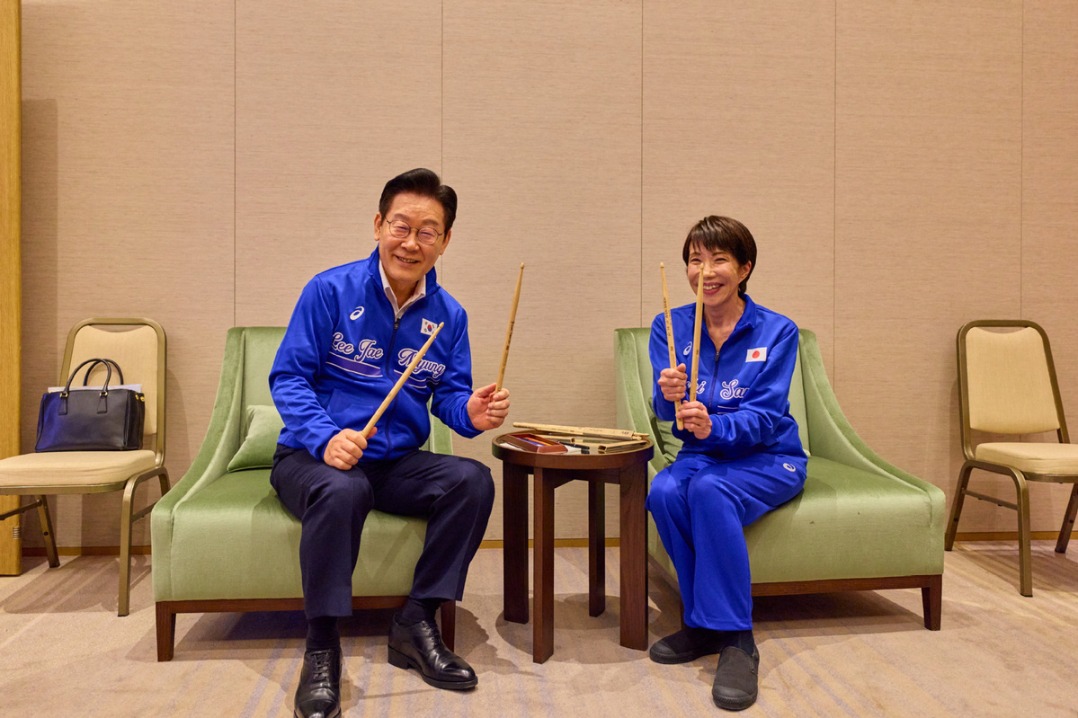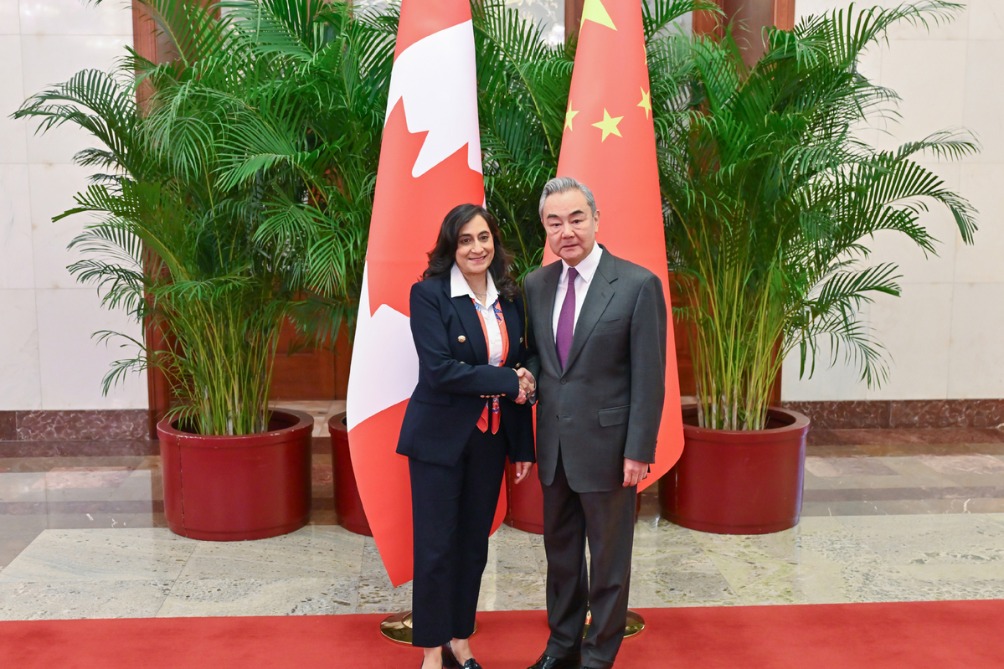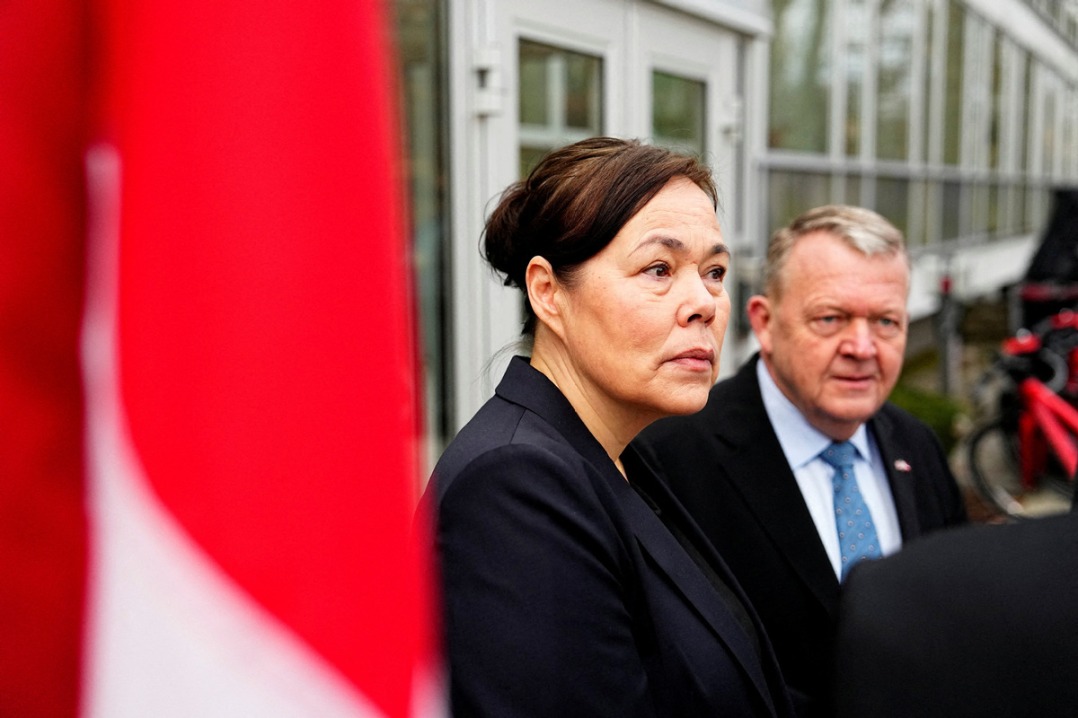Divisions loom over NATO meet

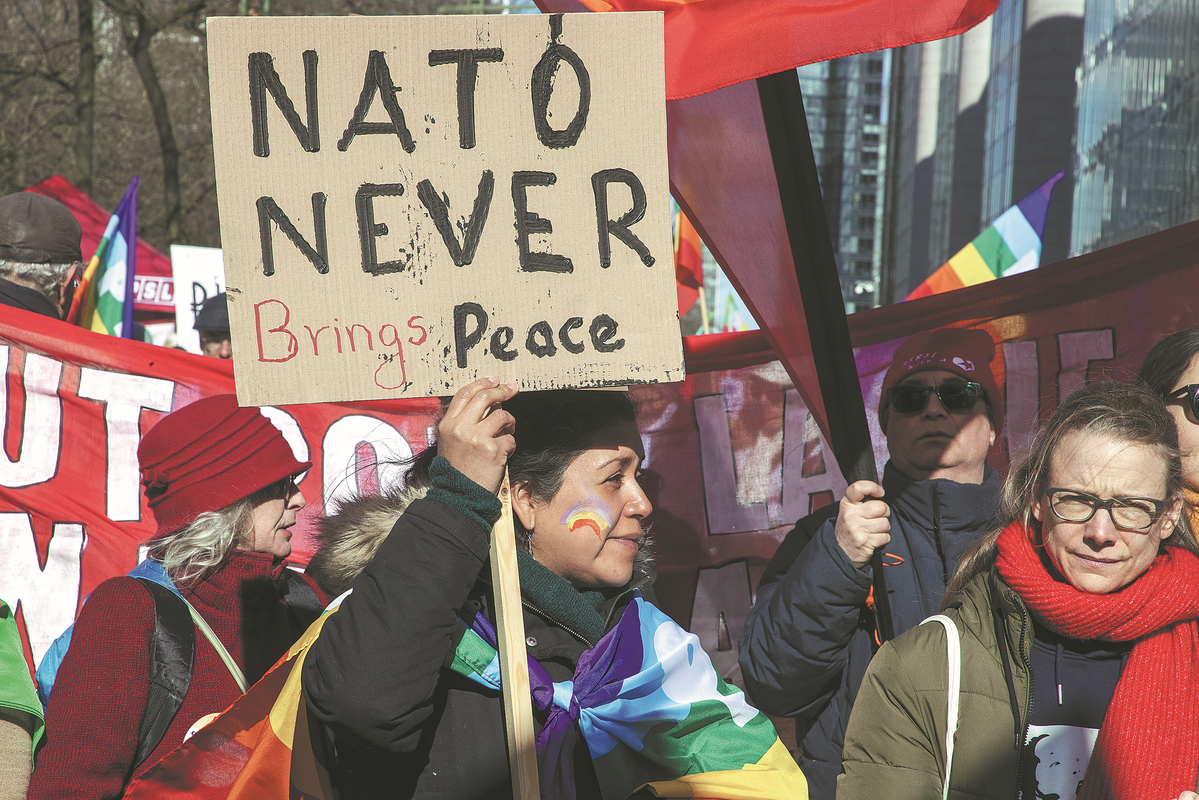
Editor's note: Divisions among the 31 members are likely to cast a cloud on the upcoming NATO summit on July 11-12 in Vilnius, Lithuania. More than 30 years after the end of the Cold War, the military alliance is eyeing further expansion. This page takes a look at the bloc's expansion path, its role in the Russia-Ukraine conflict and the casualties inflicted by its forces.
No consensus yet on form of support for Ukraine, while questions hang over Sweden's bid
The NATO summit to be held on July 11-12 in Vilnius, Lithuania, will try to present its unity to the world but divisions among its European members on some key issues are likely to cast a shadow, according to officials and experts.
The announcement by Washington on Friday to provide the controversial cluster bombs to Ukraine has already upset some NATO members. Seventeen EU member states are among the more than 100 parties to the Convention on Cluster Munitions which bans weapons that could cause severe damage and pose risk to civilians. Cyprus signed the treaty but has yet to ratify it.
"No to cluster bombs and yes to the legitimate defense of Ukraine, which we understand should not be carried out with cluster bombs," Spanish Defense Minister Margarita Robles said on Saturday. Germany, the United Kingdom and Canada have also opposed the move.
Of the EU's 27 member states, 22 are among the 31-member NATO.
Ding Chun, director of the Center for European Studies at Fudan University, said that the EU has to some extent been hijacked by NATO due to the Russia-Ukraine conflict.
"EU can't totally separate itself from NATO, but it also doesn't want to be controlled by NATO, which is led by the United States," he said.
















